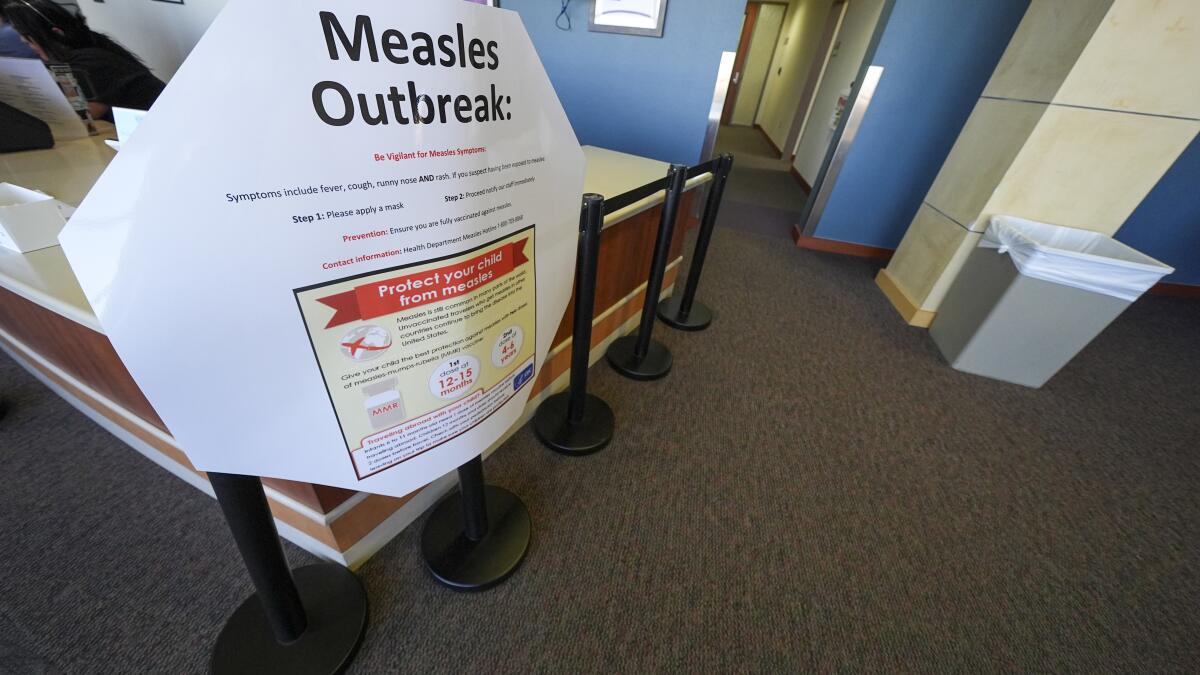Health Hazard: How RFK Jr.'s Rhetoric Threatens Public Safety

In the complex landscape of public health, we often find ourselves distracted by trivial concerns while overlooking critical scientific advancements that genuinely protect our well-being. The misguided obsession with artificial food dyes stands in stark contrast to the life-saving importance of vaccination science and the dedicated professionals working tirelessly to safeguard public health.
While consumers debate the nuances of food coloring, we risk undermining the expertise of medical researchers, epidemiologists, and public health officials who develop and implement crucial health strategies. These professionals are the unsung heroes who track disease patterns, develop preventive measures, and respond to emerging health challenges.
The irony is palpable: we expend enormous energy scrutinizing minor dietary details while potentially compromising the very systems and experts responsible for protecting our collective health. Our misplaced priorities not only waste valuable resources but also threaten the scientific infrastructure that has dramatically improved human life expectancy and quality of care.
It's time to refocus our attention on substantive health issues, support scientific research, and trust the trained professionals who dedicate their lives to keeping our communities safe and healthy.
